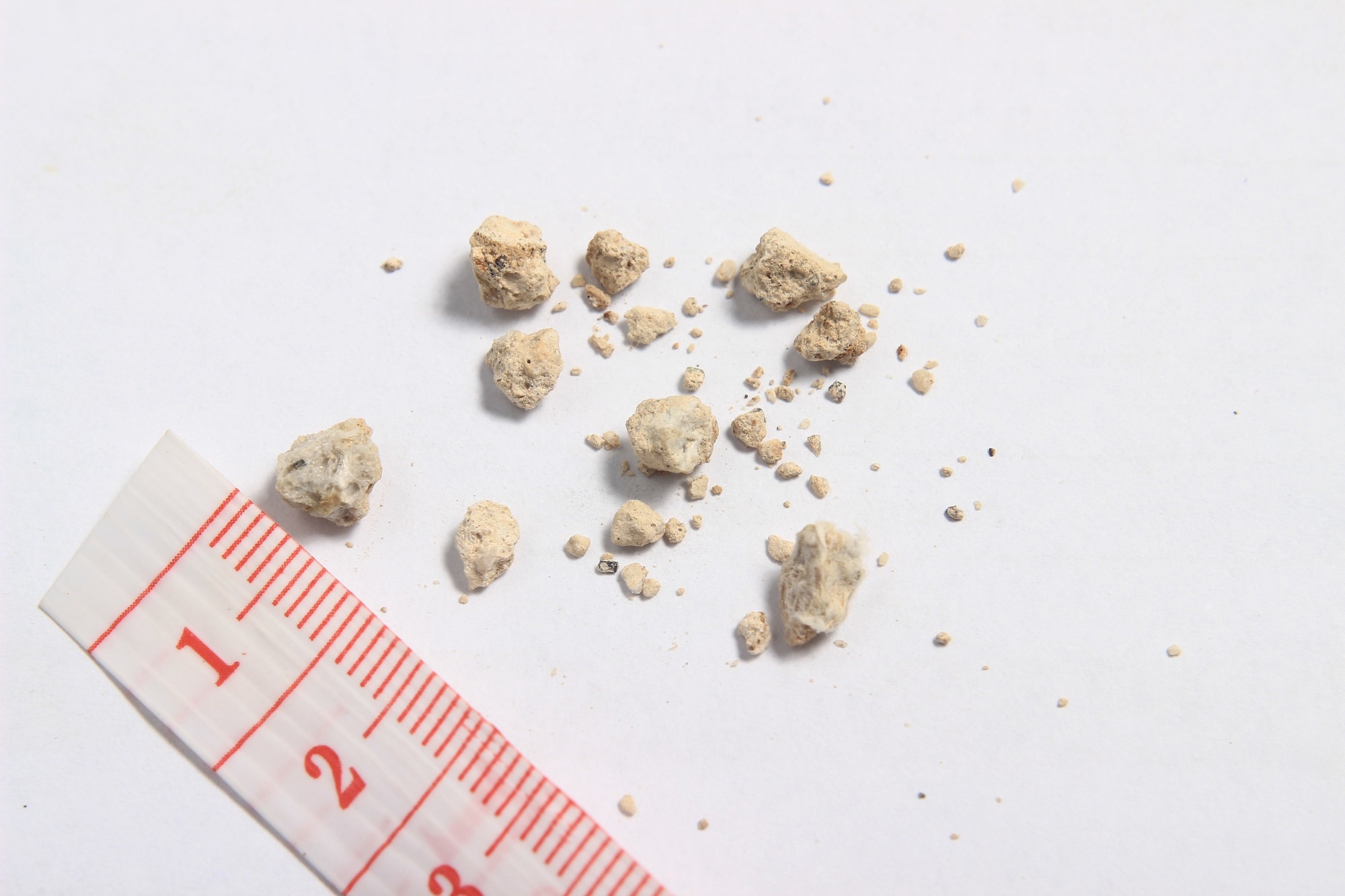New research suggests that low testosterone could be more than a hormonal issue; it might also raise a man's risk of developing painful kidney stones.
 Study: Older age and low testosterone levels are independently associated with kidney stone prevalence in men: results from a large cross-sectional study. Image Credit: Om Yos / Shutterstock
Study: Older age and low testosterone levels are independently associated with kidney stone prevalence in men: results from a large cross-sectional study. Image Credit: Om Yos / Shutterstock
In a recent study published in the International Journal of Impotence Research, researchers examined whether serum testosterone concentration is independently associated with the presence of kidney stones in adult men.
Background
Kidney stones are a growing global health concern, with prevalence rising worldwide and occurring two to three times more often in men than in women. These stones can cause severe pain, disrupt daily life, and frequently recur even after treatment. Testosterone, the primary male sex hormone, has been proposed as a potential factor in stone formation, but research findings remain inconsistent. Some studies have found elevated testosterone levels in men with kidney stones, while others, including large population-based surveys, have reported lower levels. Many earlier studies were constrained by small sample sizes or reliance on self-reported stone history (introducing recall bias), highlighting the need for further research to clarify this relationship.
About the Study
Researchers analyzed data from 3,234 men who participated in routine health checkups between 2010 and 2020 at a university hospital in Seoul, South Korea. All participants were at least 20 years old and completed blood tests, kidney–ureter–bladder radiography (KUB), and abdominal ultrasonography on the same day. Men receiving androgen therapy, those with kidney abnormalities or tumors, and those taking diuretics were excluded.
Morning blood samples were collected after fasting to measure serum testosterone levels. Stone detection used a combination of ultrasonography and radiography, which improves accuracy compared to using either method alone. Stones were identified as echogenic structures with acoustic shadowing, which indicates clinically relevant kidney stones (≥3 mm in size, as smaller stones without shadowing were excluded).
The study also considered various health indicators such as age, body mass index (BMI), blood pressure, triglycerides, low-density lipoprotein (LDL) cholesterol, high-density lipoprotein (HDL) cholesterol, creatinine (Cr), blood urea nitrogen (BUN), hemoglobin A1c (HbA1c), uric acid, high-sensitivity C-reactive protein (hs-CRP), calcium, albumin, aspartate transaminase (AST), and alanine transaminase (ALT). Researchers applied logistic regression models to evaluate associations and adjusted for all relevant confounding factors. Receiver operating characteristic (ROC) curves were used to determine the testosterone cutoff most predictive of kidney stone presence. A p-value less than 0.05 was considered statistically significant.
Study Results
Out of the 3,234 men included in the analysis, 178 (5.5%) were diagnosed with kidney stones. The participants had a median age of 53 years and a median serum testosterone level of 4.7 nanograms per milliliter. The optimal testosterone threshold for predicting kidney stones was identified as 3.33 nanograms per milliliter (higher than thresholds linked to hypogonadism symptoms like low libido or erectile dysfunction), providing a sensitivity of 24.7% and specificity of 80.6%.
Initial analysis without adjusting for confounders showed that both older age and low LDL cholesterol levels were associated with kidney stones. However, once the analysis controlled for all relevant health variables, only older age (OR = 1.029 per year) and testosterone levels below 3.33 nanograms per milliliter remained significantly linked to kidney stones. Men with testosterone below this threshold had 65.5% higher odds (OR = 1.655) of having kidney stones compared to those with higher levels.
Previous research has produced mixed findings. Small case–control studies often reported higher testosterone in men with stones, while larger surveys, such as the National Health and Nutrition Examination Survey (NHANES), found the opposite. Those studies that identified an inverse relationship between testosterone and stones tended to include men over 40 years of age.
This study supports the notion that low testosterone levels may play a role in kidney stone formation. One explanation may lie in shared lifestyle risk factors, such as reduced physical activity, lower water intake, and higher protein consumption, all of which are known to increase the risk of kidney stones. Dehydration has been strongly associated with stone formation, and studies have shown that men with lower physical activity are more likely to develop stones. Diets high in protein may also contribute to both reduced testosterone and increased stone risk.
Although LDL cholesterol initially appeared to be a predictor, its significance disappeared after adjusting for other variables. This highlights the importance of comprehensive analysis in identifying true risk factors. While the study focused on a single hospital population, it avoided common biases by using imaging to detect stones rather than relying on patient memory. The large sample size and detailed data adjustment strengthen the findings.
Conclusions
To summarize, this study found that men with serum testosterone levels lower than 3.33 nanograms per milliliter (a threshold distinct from hypogonadism criteria) were significantly more likely to have kidney stones. This relationship held true even after accounting for other health indicators, including age, blood pressure, and metabolic factors.
These results suggest that testosterone may play a protective role against stone formation. Clinicians might consider monitoring testosterone levels as part of kidney stone risk assessments. Further research using long-term observational data or clinical trials is needed to determine whether testosterone replacement therapy can reduce kidney stone risk or if low testosterone is a symptom rather than a cause.
Journal reference:
- Kang, J.Y., Lee, J.H., Kwon, Y. et al. Older age and low testosterone levels are independently associated with kidney stone prevalence in men: results from an extensive cross-sectional study. Int J Impot Res (2025), DOI: 10.1038/s41443-025-01081-y, https://www.nature.com/articles/s41443-025-01081-y